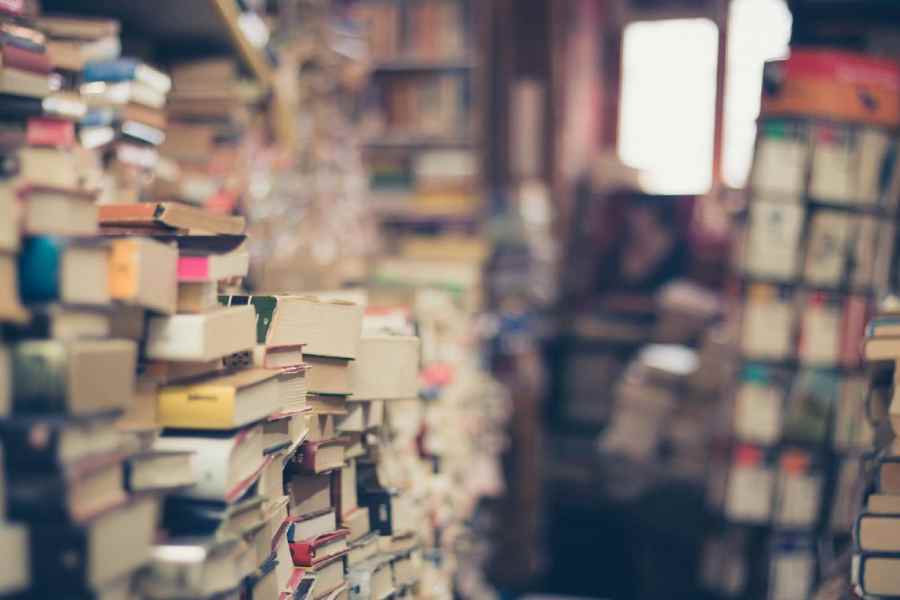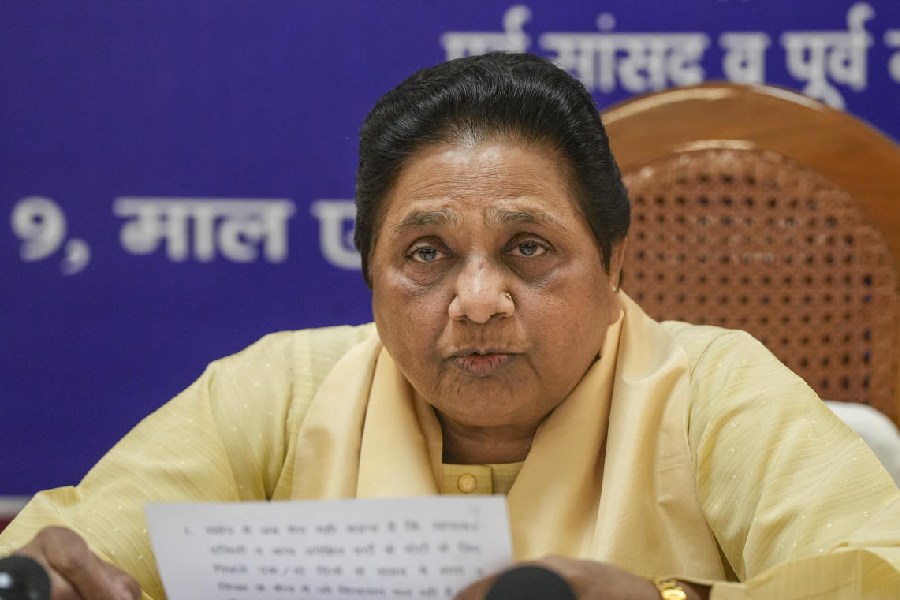There are many ways in which we can opt for a greener lifestyle. One way would be to buy used books. While this may seem like a small step, it could have a substantial impact on our environment. The concern is why books that are in mint condition, or those with normal wear and tear that can be repaired with binding glue, should make their way to dumping grounds and landfills instead.
Pre-owned books are eco-friendly reading options. While they may carry slight cosmetic imperfections, what matters is that pre-owned books serve as reading material just as effectively as their spanking-new counterparts. Besides, an increase in the number of recycled books also results in an increase in the amount of recycled paper. Paper is, after all, the primary raw material used for making books. According to the Indian Agro & Recycled Paper Mills Association, approximately 13 million tonnes of paper are consumed in India on a yearly basis, of which only a meagre 25%-28% comes to be recovered. Lack of awareness amongst most consumers as regards the benefits of paper recycling contributes to this difficult situation.
This wide gap in India’s paper recycling efforts must be immediately addressed. This is where second-hand books can come in handy by playing a crucial role in several ways. One way would be to donate second-hand books to charitable institutions, such as orphanages and schools for underprivileged children instead of discarding them. This would help keep usable books in circulation. By doing so, you are also helping shape curious minds in the process. These books could serve as an accessible and affordable medium of knowledge for the disadvantaged sections of society. By preventing old books from going into the trash, you are also giving them a new lease of life. This reduces the amount of paper that ends up as waste in trash bins.
The second-hand book market forms an important part of the Indian circular economy. Popularising the trend of buying second-hand books could additionally help in lessening this gap. Buying used books is also easy on the pocket. The concept of thrifting, though initially stigmatised, seems to be finding wider acceptance. Thrifting clothes can be seen as an emerging trend, especially among India’s younger demographic. So one may ask, 'Why not books?'
Often, local booksellers sell pre-owned books that may not be found in regular bookshops. The purchase of second-hand books thus helps supporting smaller businesses in the process. This, in turn, helps bolster the local economy. Further, the practice of buying pre-owned books encourages low-carbon purchasing. Logic ascertains that visiting a bookstore in close proximity to one’s home would invariably result in greater walking and reduced automobile use. Book-swapping can be another great way to reuse old books. This practice encourages better and more effective usage of underused works. Moreover, avid readers could consider borrowing and renting used books. While these may appear as minuscule steps, they have the potential of making a colossal impact when it comes to plugging the gap in India’s paper recycling efforts.
Post-Covid, reading preferences seem to have transitioned, with e-reading now having a fast-growing consumer base. But printed books have not fallen out of fashion. For a bibliophile, nothing is more satisfying than feeling the texture of the pages of a book, pre-owned or otherwise.










